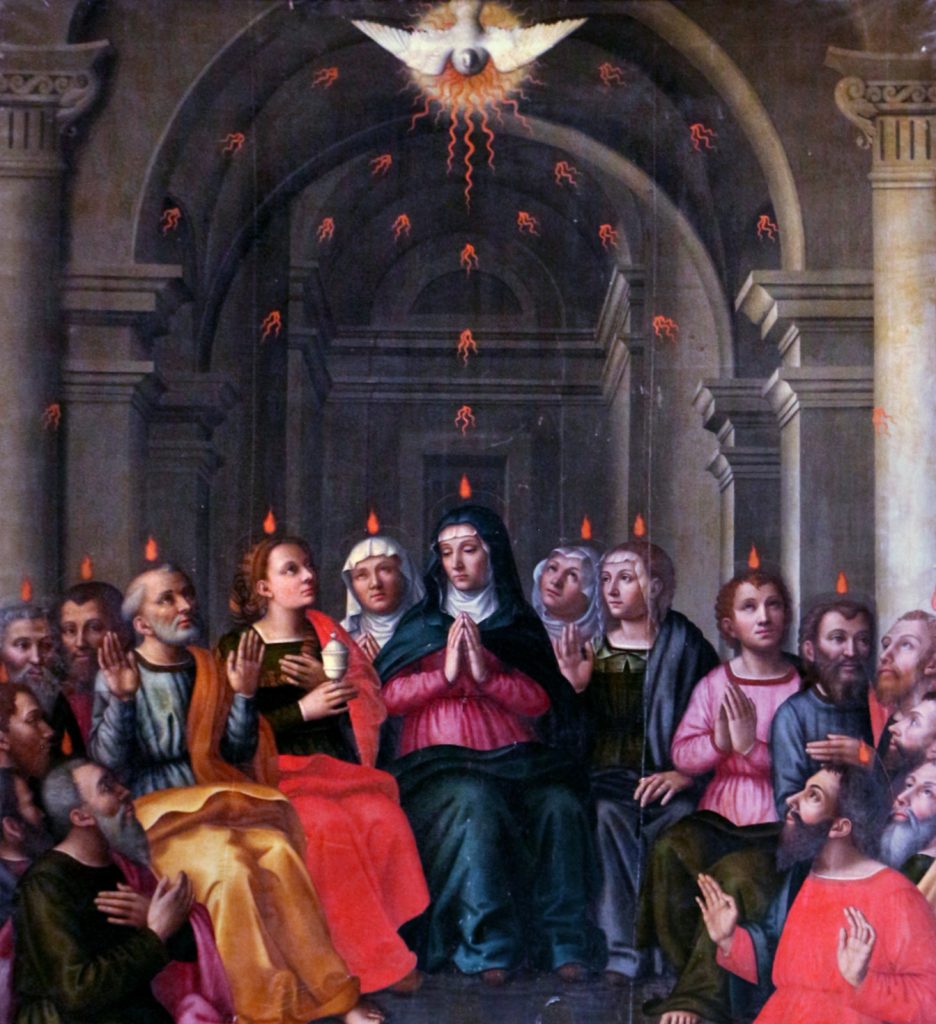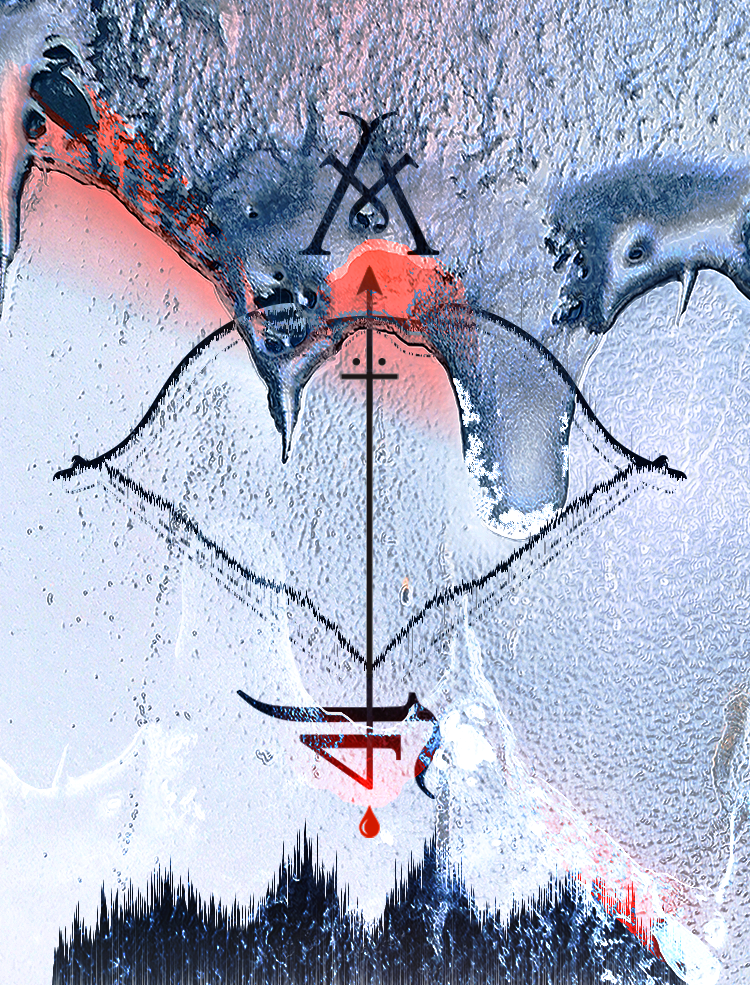Possible loves — are for fools — The wise have — impossible loves.1
“Study finds that ‘chemical imbalance’ in depression is a myth…” the headline reads, citing a paper published in the journal Molecular Psychiatry in July of 2022. And further: “The chemical imbalance myth has its roots in the late ’70s and ’80s when psychiatry was dominated by the desire to understand mental illness in primarily biological terms… When the first generation of SSRI antidepressants such as Prozac was introduced in the late ’70s, a key part of their marketing claimed that they targeted specific neurochemical imbalances.”
This view persisted well into the 1990s (and surely beyond), when as a teen I was diagnosed simply as “bi-polar” by a nurse practitioner working private practice in one of those rural strip malls built to look like an old west boardwalk. I remember the office inside being dark, wood paneled probably, hardly clinical. Promptly given Prozac, I’d later go on to take: Paxil, Zoloft, Effexor, Lexapro, Trintellix… too many to name or even remember. Decades of numbing myself from even the ordinary ups and downs of life in an arrested development that would last well into my thirties. Always wanting to just let go, ride the waves of polar intensity bucking wildly against my highs and lows… but one has to make a living you know, has to at least perform sanity.
— I just… existed. Still —
I’m here but so, so slow, sluggish from all that empty history. Outwardly at least, the weight of this undone thing (album again) holding me, calmly seething and hard at being ignored —
A statue, betting on enigmatic distance for just a little bit of cult value
Like in the last post, a line — to be made alien in my secrecy or alien to the point of self-referentiality. Being a solo artist does feel like asexual reproduction, and sometimes I think trying to be a musician ruined my life (or I ruined music for myself). Wanting to be bigger than I am, always in love with the breathless gravity of anticipation — the drop, that distance, the magnetic tension between potential and the finished thing
— It’s an energy, potent, but a place so easy to get lost to get stuck in
Maybe I’m just talking about perfection, but perfection is for the dead and I’m not dead yet, I don’t think — no longer numb, I’m running both towards and from death equally as hard. Because now I know that death intensifies the experience of living, even if that death is just a metaphor — dissolution of the self — and I’ll just have to live, like really live
— Like a miner, keep digging in, as James Hillman says “depression is the mine” — silver then gold from lead, alchemically. Or metamorphic, under pressure, unearthing the foundational chaos beneath the self
— Like Nietzsche did, speaking of “those dangerous thrills of cruelty turned against oneself” in which he increased the stress, drawing his intellect taut against his own emotional volatility like a bow and pulling back, creating space in which to “listen to his body and hear the forces that were animating him” as one author said (I don’t remember which), setting up a “tension between the perspective of sickness & depression and the perspective of health & joy,” and gaining the “ability to occupy both and see them in their contrast and oppositions”
He said — the angels were speaking through me and it hurt
And anyone working that balancing pose on the edge of madness, as a philosopher, a saint, or even an artist often does, knows this too — it fucking hurts, those terrible angels. Feels like being tasered by gxd or knifed by your own thoughts, an auto-immune disease of the mind
This un-numbing, this “unconsciousness raising,” is both a technique and process, and/or a state of being for some of us, even more of us now maybe — the world as it is. And so when I can I want to use that polarity consciously, I want to use it with intention (liking how the sound of ‘tension’ is hidden there, in that very word) in order to create PARADOX, which is both the habitat and heart of magic

In philosophy, paradox is often used interchangeably with aporia — a philosophical puzzle or seemingly irresolvable impasse, often arising as a result of equally plausible yet inconsistent premises. It serves as an instrument of investigation, and harbors the potential to stretch thought beyond the possible
It creates the possibility, or space, for impossibility — the possibility of impossibility2
An opening made in invocation of Janus the two-faced god — “divinity of doors” — who, in Revolutionary Demonology (paraphrasing Klossowski) is compared to the goddess Diana:
“This paradoxical aspect of Diana — at once shining and dark, chaste and perverse, protector and destroyer — is reflected in the lunar symbolism associated with the iconography of Artemis, which highlights “her double nature, murderous and luminous, or rather, luminous because murderous,” and which reveals her “as the principle of life at the core of death or as the principle of death at the core of being.”
So I want to use that, I want to try, no matter how much I want to die sometimes
— Like I’m a soldier of fate and depression is my school of war (and one must have a school of war, the compulsory vicissitudes of life really do make this obvious)
Weaponize what it’s in me that won’t renounce itself no matter how I long I’ve tried, the virginal duplicity that somehow makes me whole — remaining true to oneself, holding oneself beyond destiny
Regulating the ceaseless movement between the lowest regions to which we are inclined to descend and the highest to which we aspire, the virgin’s bow guards us against the lowest, where she, however, reigns possessable, just as her crescent guides us in our ascent toward the highest regions, where she dwells unpossessed.
Diana at Her Bath: The Women of Rome, Pierre Klossowski
— Like an anti-anime woman in an age of cartoons, like DEPTH again — violent glamor of the goddess as she draws back her bow
POSSIBLE // IMPOSSIBLE — POSSESSABLE // UNPOSSESSED
Because who’s speaking for the gods right now?
People’s transformative capacity for tragedy and melodrama has collapsed into the flatland of reality tv and zombie shows (Netflix is also an SSRI) — unidimensional, spectated. Or transmuted itself to an entirely predictable, quotidian drama for clout as the internet makes us in it’s own image, hardened to one side or the other in code
Derrida appears to have meant aporia to encourage the deliberate seeking out of contradiction and what it reveals, rather than trying to avoid it or trying to enforce contradictions into neat classification or solution.3
— It takes a special kind of attention, probably something like prayer (as Simone Weil says), to really stay there and look, to see, to feel it all the way out
And it’s our incapacity, our unwillingness to dwell and draw our power there that flattens us, that keeps us just possible
- Simone Weil ↩︎
- Derrida’s “possible-impossible aporias”… In particular, Derrida has described the paradoxes that afflict notions like giving, hospitality, forgiving and mourning. He argues that according to their internal logic, notions like these are only made possible through their impossibility. —https://cynefin.io/wiki/Aporia ↩︎
- Ibid. ↩︎

